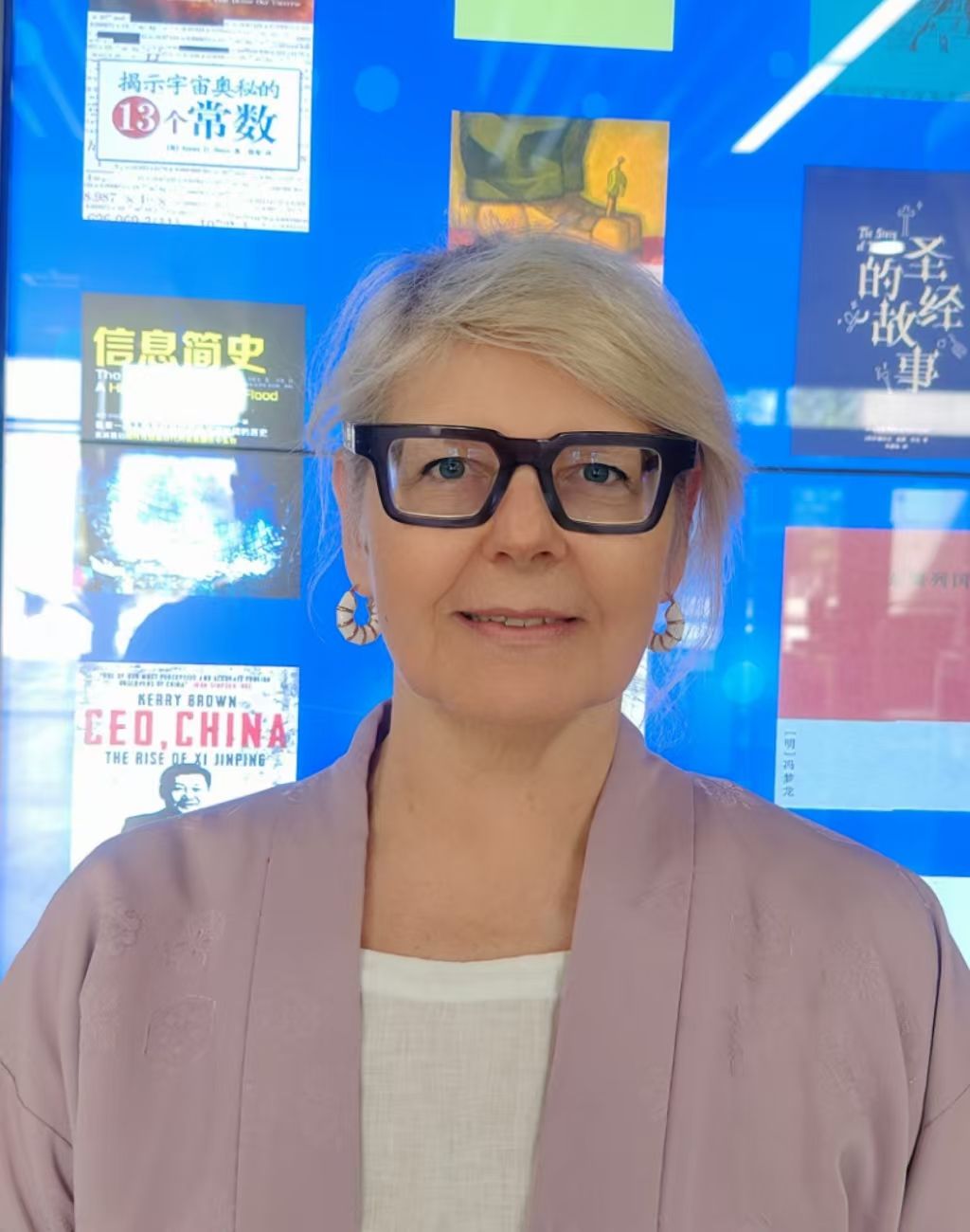
讲座题目:Theatre of the Middle Ages: A European Story
讲 座 人:Laura Iseppi De Filippis 副教授
主 持 人:徐斌 博士
讲座时间:5月7日(周三)19:00-21:00
讲座地点:JG209 会议室
讲座人简介:
Laura Iseppi De Filippis (Ph.D., NYU, 2004) is an Associate Professor in the European Studies Department and in the School of English Studies at Xi'an International Studies University. She is the recipient of a Fulbright Fellowship. She has taught as an Adjunct Professor at Sarah Lawrence College, New York University, Università di Verona, and Accademia di Belle Arti di Verona. Her publications include essays, translations, and reviews. She edited a special issue of Nottingham Medieval Studies (56), Inventing a Path: Studies in Medieval Rhetoric in Honour of Mary Carruthers (Brepols, 2012). Her essay, “A Hell of a Job. Mnemotechnics and the Depiction of Trades in the Last Judgment at Chaldon, Surrey,” was published in vol. 6 of Medieval and Renaissance Studies (Zhejiang University Press, 2022). Her latest essay “Mnemotechnics, Vision, and Apocrypha. Sources of imagines agentes in Middle English Drama” is forthcoming in June 2025 in a collection edited by Julia Dominguez and published by Routledge, Mental Libraries: The Reception of the Arts of Memory in Literature and Culture. She is a contributor to The Medieval Review, a Senior Research Fellow of the Centre for Italian Studies at Beihang University, Beijing, and a Fellow of the Society for Mnemonic Studies (https://mnemonic.hypotheses.org/ ).
讲座概要:
This lecture explores the rich and varied landscape of medieval theatre across Europe, highlighting its role as both a reflection of and a response to the societal, religious, and cultural dynamics of the time. We will delve into the origins of medieval performance, examining how liturgical dramas evolved into more complex theatrical productions. Key themes will include the interplay between folk traditions and formal theatre, the influence of the religious and civic authorities, and the emergence of vernacular drama. By analysing significant texts, performance practices, and notable playwrights from various regions—including Germany, England, France, and Italy—we aim to underscore the diverse storytelling methods that defined this era. Join us for an engaging journey through time, uncovering the significance of medieval theatre and its lasting impact on the development of European dramatic arts.

 学校首页
学校首页